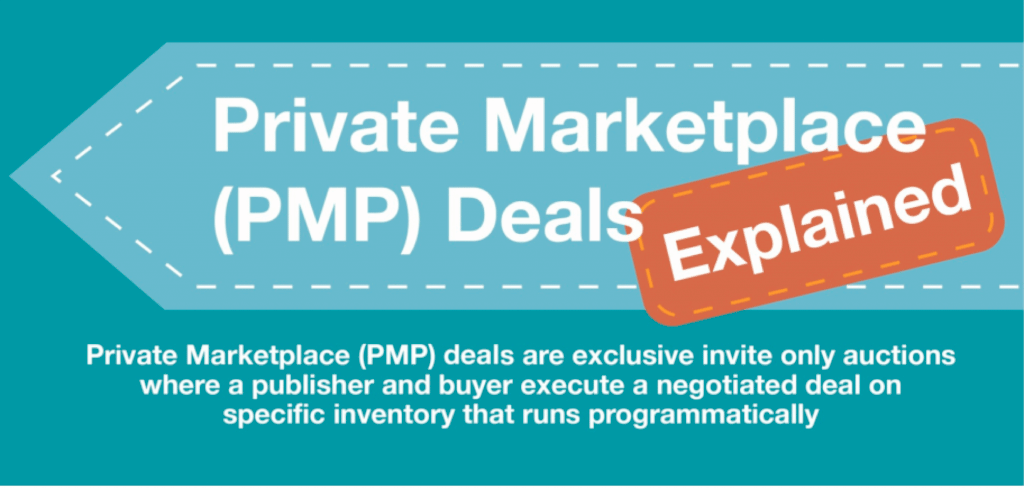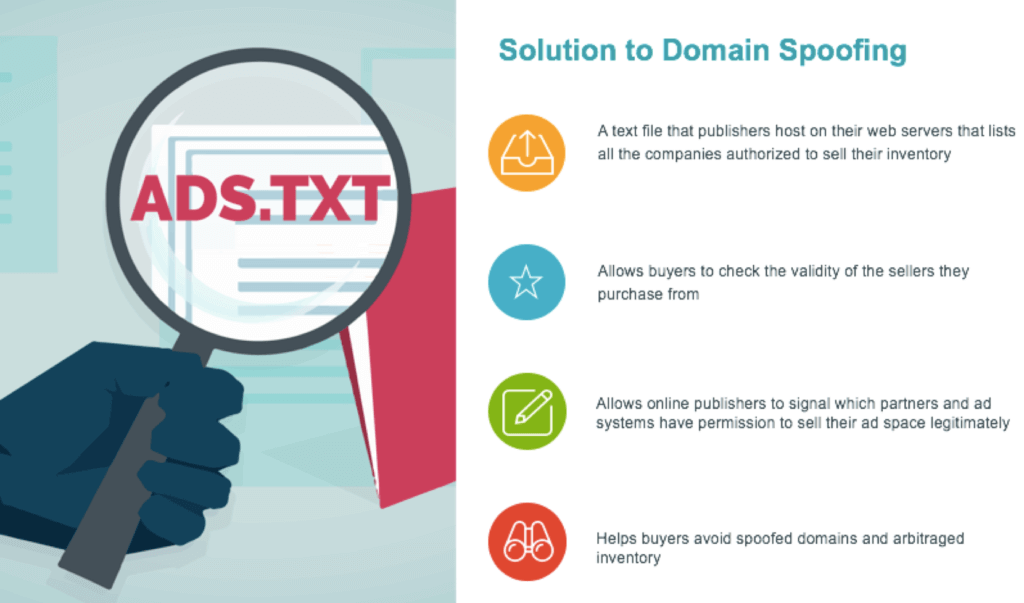In 2018 the ad tech industry, and especially the top DSPs, are going to focus on improving inventory quality for programmatic media, as seen in our top ten trends you need to know about programmatic this year.
What Does Inventory Quality Mean?
Over the past few years, the quantity of fraudulent ads has decreased greatly as the ability to monitor and prevent ad fraud has improved. However, there was still a significant room for improvement. Much of the development that has been made is for desktops ads. As the digital ad buying process continues to become more transparent and ad inventory quality improves, focus now needs to be centered on mobile and video ads. Video ads are extremely enticing to ad fraudsters due to high CPMs. The importance of eliminating fraud and enhancing the quality of ad inventory benefits both buyers and publishers.
On the buyer’s side, there are two major reason to ensure quality ad inventory: brand safety and media waste. If a buyer purchases fraudulent ad space and their brand is presented in a negative environment, it can greatly affect their brand image. In regard to media waste, if an ad is bought and only viewed by bots, instead of human eyes, the media spend is wasted on false impressions. Purchasing quality ad inventory ensures that an ad shows up on the site it is supposed to be published on and that human eyes are viewing it.
Publishers are primarily concerned with ensuring a quality customer experience. Customer experiences are deterred through malware or annoying ads. If the ad exchange is not properly screened, malware can arrive on a publisher’s site. If the consumer clicks on the ad, it will infect their browser, creating a very negative customer experience. Customers do not like when ads refresh, flash or are otherwise annoying. Publishers need to ensure that this is not occurring with their advertisements.
Publishers and buyers need to work together to become a trusted source of quality inventory which involves the following:
- Publishers sharing information with one another about negative buying experiences.
- DSPs need to educate their advertisers, that buying ad space from many different sources opens up the door for ad fraud.
- Create realistic standards for viewability. It is unrealistic to set 100% viewability goals.
Solutions for Fraud and Domain Spoofing
Private Marketplace Deals
Ad space was traditionally bought through open marketplaces. This is a process in which multiple media owners offer up their ad inventory to multiple buyers. All of the buyers compete to have their ad space placed on a page and the highest bidder wins.
 Private marketplaces are auctions that are only open to select advertisers through an invitation-only format. Some of these entail only one publisher offering up ad space, others have a few. Before the auction, buyers and sellers negotiate a deal. Each deal is given a unique ID and advertisers bid on that deal only – inventory that does not meet the deal will not be bid on. This marketplace structure requires more work however, it is much more transparent. Buyers will know where their ad is being placed such as the URL of the website their ad will be shown on. The marketplace ensures a more transparent ad buying process and ensures that buyers ads show up exactly where they want them to, reaching the right audience in the right place.
Private marketplaces are auctions that are only open to select advertisers through an invitation-only format. Some of these entail only one publisher offering up ad space, others have a few. Before the auction, buyers and sellers negotiate a deal. Each deal is given a unique ID and advertisers bid on that deal only – inventory that does not meet the deal will not be bid on. This marketplace structure requires more work however, it is much more transparent. Buyers will know where their ad is being placed such as the URL of the website their ad will be shown on. The marketplace ensures a more transparent ad buying process and ensures that buyers ads show up exactly where they want them to, reaching the right audience in the right place.
DSPs Are Implementing Ads.txt
 IAB (Interactive Advertising Bureau) has released the latest mechanism that boosts inventory quality and makes the ad buying process less risky. In September, IAB released the authorized digital sellers or ads.txt. This is a simple, flexible method for publishers and distributors to clearly state which companies are authorized to use their digital inventory.
IAB (Interactive Advertising Bureau) has released the latest mechanism that boosts inventory quality and makes the ad buying process less risky. In September, IAB released the authorized digital sellers or ads.txt. This is a simple, flexible method for publishers and distributors to clearly state which companies are authorized to use their digital inventory.
Companies drop a text file on their website that lists the different companies authorized to sell inventory on their site. This will enable buyers to see which programmatic firms have authorization to sell ad space on specific websites, ensuring validity in their purchase. The upkeep for this process is also simple. Someone will have to monitor additions to an ads.txt list to stay up to date with authorized sellers.
If you haven’t already, there is no time like 2018 to get on the programmatic bandwagon. If you need to get started Digilant University has all the information you need to get up to speed and get going. Need more information you can also reach out to us here.